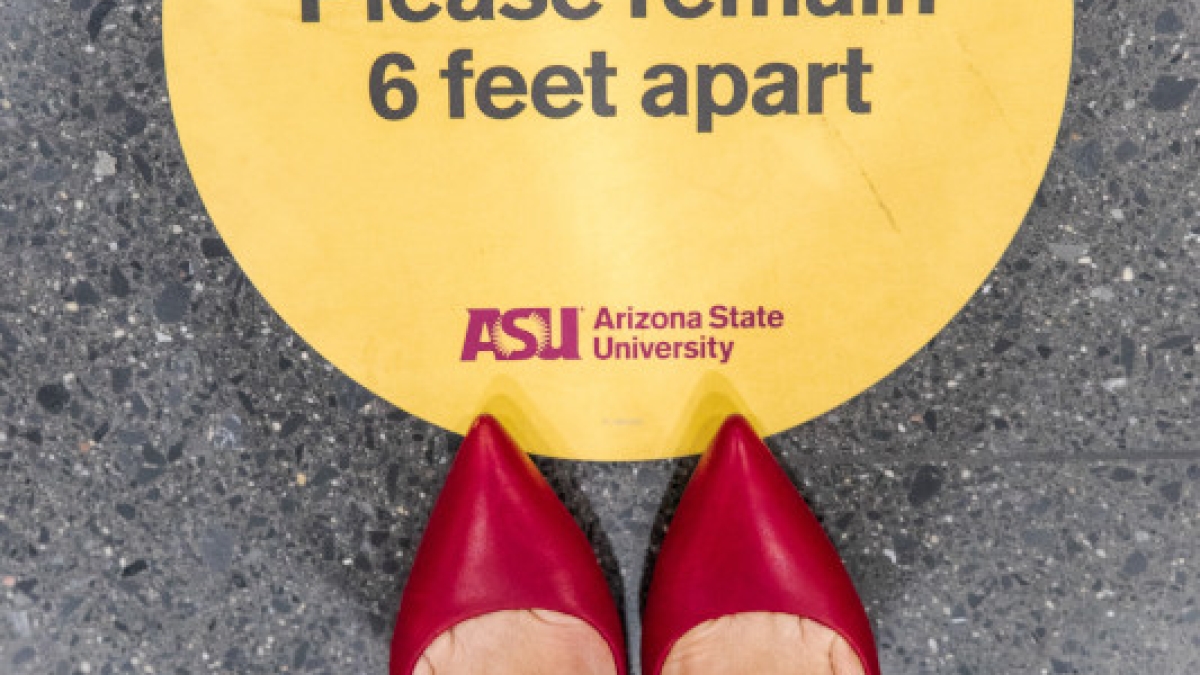Over the past year, the Institute for Humanities Research's Health Humanities Initiative at Arizona State University has developed several humanities-based solutions to problems associated with the COVID-19 pandemic. From virtual events to public programs to strategic partnerships, the initiative has applied its goals and resources to address the current crisis.
In the fall 2020 semester, the initiative hosted a scholarly event series that covered topics such as considering race in medicine, outbreak narratives and Indigenous histories of pandemics. The series, titled "Plagues, Epidemics and Culture: Histories of Crisis and Care," is now available to view on the Institute for Humanities Research YouTube channel.
In addition to leading academic discussions, the initiative supported humanities-based projects that positively impacted local communities. For example, English Professor Mark Lussier developed a program for overtaxed health care workers that brought poetry readings into clinical settings to provide solace, escape, beauty and grounding.
Topics addressed in future Health Humanities Initiative programming will include the pandemic's mental health impacts as well as injustices revealed by the COVID-19 crisis.
"This spring we will co-host an event in April with ASU’s Creative Health Collaborations addressing how arts and humanities interventions might be supported and initiated to respond to and support social recovery from the COVID-19 pandemic as part of the Arizona Wellbeing Commons," said Health Humanities Initiative Program Lead and Associate Professor of English Cora Fox.
Furthermore, Fox and Jenny Brian, an Honors Faculty Fellow at Barrett, The Honors College, will partner with the Humanities Lab to offer a fall 2021 undergraduate course on “Epidemic Emergences: (Un)health and (In)justice.”
“As researchers who focus on cultural products, values and the shifting histories of human experience, the period after the pandemic will be the moment to witness its stories, express the grief that could not be fully expressed, heal the healers and imagine new ways of living that address structural injustices in health care and the epidemics of loneliness and social isolation that the conditions of the past year made clear,” Fox said.
More Health and medicine

What makes human culture unique?
Why is human culture — the shared body of knowledge passed down across generations — so much more powerful than animal cultures?“…

ASU honors students work on HPV research as part of Barrett College's largest-ever group thesis
Not every undergraduate student comes across the opportunity to do research as part of a team. Even fewer have had the chance to…

College of Health Solutions alumnus named Military Medic of the Year
By Keri Hensley and Kimberly LinnJonathan Lu has looked out for the health of his fellow military service members his whole…
